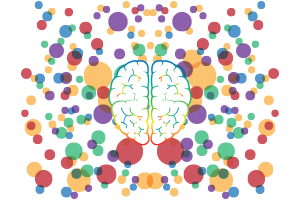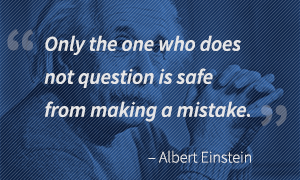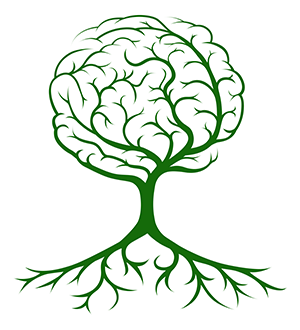And neither are your students
Pause for a moment before you continue reading. Think about your friends, your family, your students. Think about yourself. Is anyone average? Of course not. All of us are typical in some ways and not-so-typical in others.
Moreover, this typicality is situational. My wife has spent much of her adult life being the shortest (but cutest) person in the room. My family is relatively tall, and so are our friends. When we visited Hong Kong, she was ecstatic because she was taller than most of the women we encountered. When she went shopping, they had lots of things in her size. (I should add that, despite her shopping disability, my wife has accomplished much in her life, and our house is packed with awards she has won as the CEO of a specialty hospital.)
With these two thoughts in mind—no one is average, and comparisons are situational—consider this question: Why is “average” in the statistical sense such a dominant theme in education? Why do so many people, especially policy makers and politicians, insist on ranking students, schools, teachers, and pretty much everything else on a single number, usually the average? The answer, of course, is because it is easy, and because in the past, looking at averages was a reasonable way to approach some challenges.










